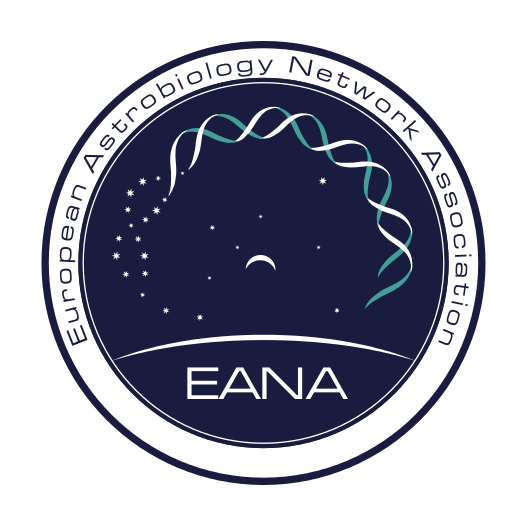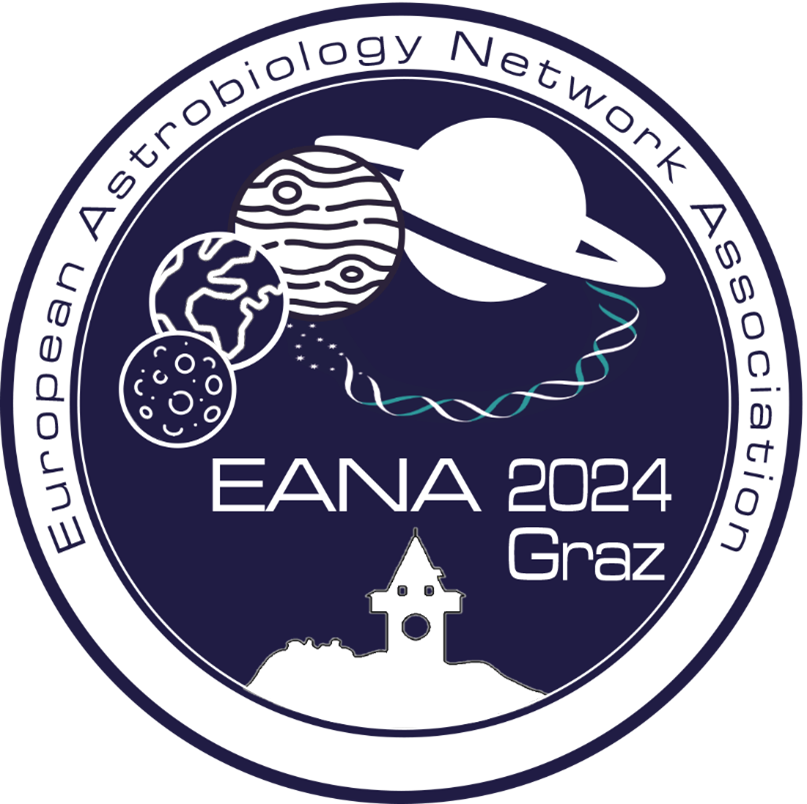 |
Abstract EANA2024-123 |

|
Planetary protection and the search for extraterrestrial life
One of the main goals of space exploration is to search for signs of life beyond Earth. Planetary protection measures play a crucial role in preserving the integrity of these investigations. Planetary protection aims to prevent the contamination of extraterrestrial environments of astrobiological interest with terrestrial organisms and complex organics and protect Earth from potential extraterrestrial biological contamination. Planetary protection implementation guidelines have been developed by the Committee on Space Research (COSPAR). The measures differ depending on the type of mission, the target in our solar system and the mission objective. They have been implemented since the Viking missions to Mars in the 1970s. With the recent remarkable advances in the detection of microorganisms with molecular techniques the addition of metagenomics to the cultivation-based assays used to date will enable a targeted detection of those microorganisms which are relevant for the respective planet or moon. While the focus of planetary protection has primarily been on robotic missions, future crewed missions to Mars will require supplementary planetary protection measures because human activities will inadvertently introduce terrestrial microorganisms to the martian environment. In addition, it is necessary to ensure the health of the crew through systematic microbial monitoring.
Ref.:
- COSPAR Policy on Planetary Protection (2021), DOI:10.1016/j.srt.2021.07.010, update will be published in July/August 2024
- Spry et al. (2024) Planetary Protection Knowledge Gap Closure Enabling Crewed Missions to Mars, DOI: 10.1089/ast.2023.0092
- Doran et al. (2024) The COSPAR planetary protection policy for missions to Icy Worlds: A review of history, current scientific knowledge, and future directions, DOI: 10.1016/j.lssr.2024.02.002
- Olsson-Francis et al. (2023) The COSPAR Planetary Protection Policy for robotic missions to Mars: A review of current scientific knowledge and future perspectives, DOI: 10.1016/j.lssr.2022.12.001
- Zorzano et al. (2023) The COSPAR planetary protection requirements for space missions to Venus, DOI: 10.1016/j.lssr.2023.02.001
- Rettberg et al. (2019) Biological Contamination Prevention for Outer Solar System Moons of Astrobiological Interest: What Do We Need to Know? DOI: 10.1089/ast.2018.1996
- COSPAR: The International Planetary Protection Handbook (2019), DOI: 10.1016/j.srt.2019.09.001
